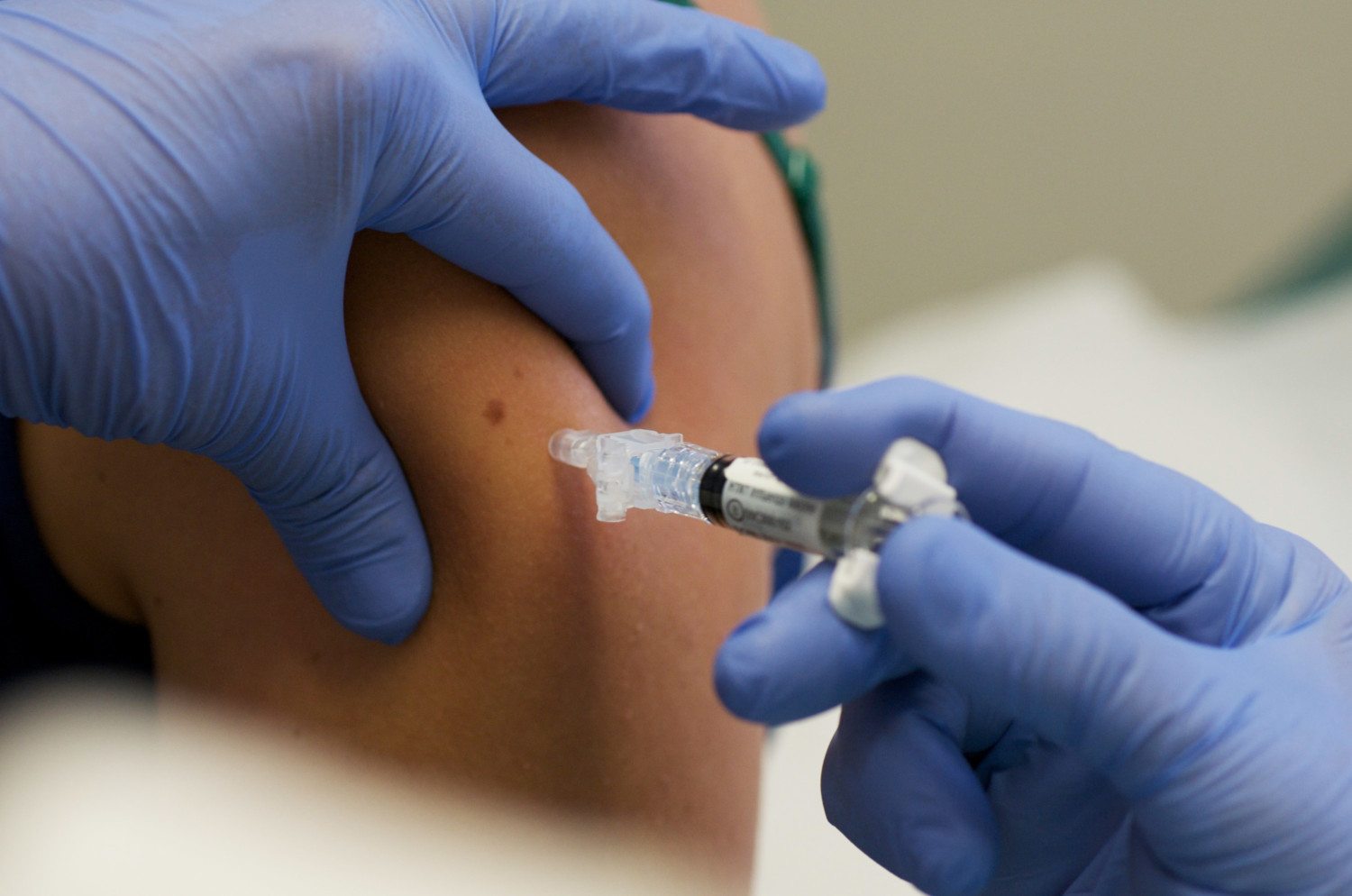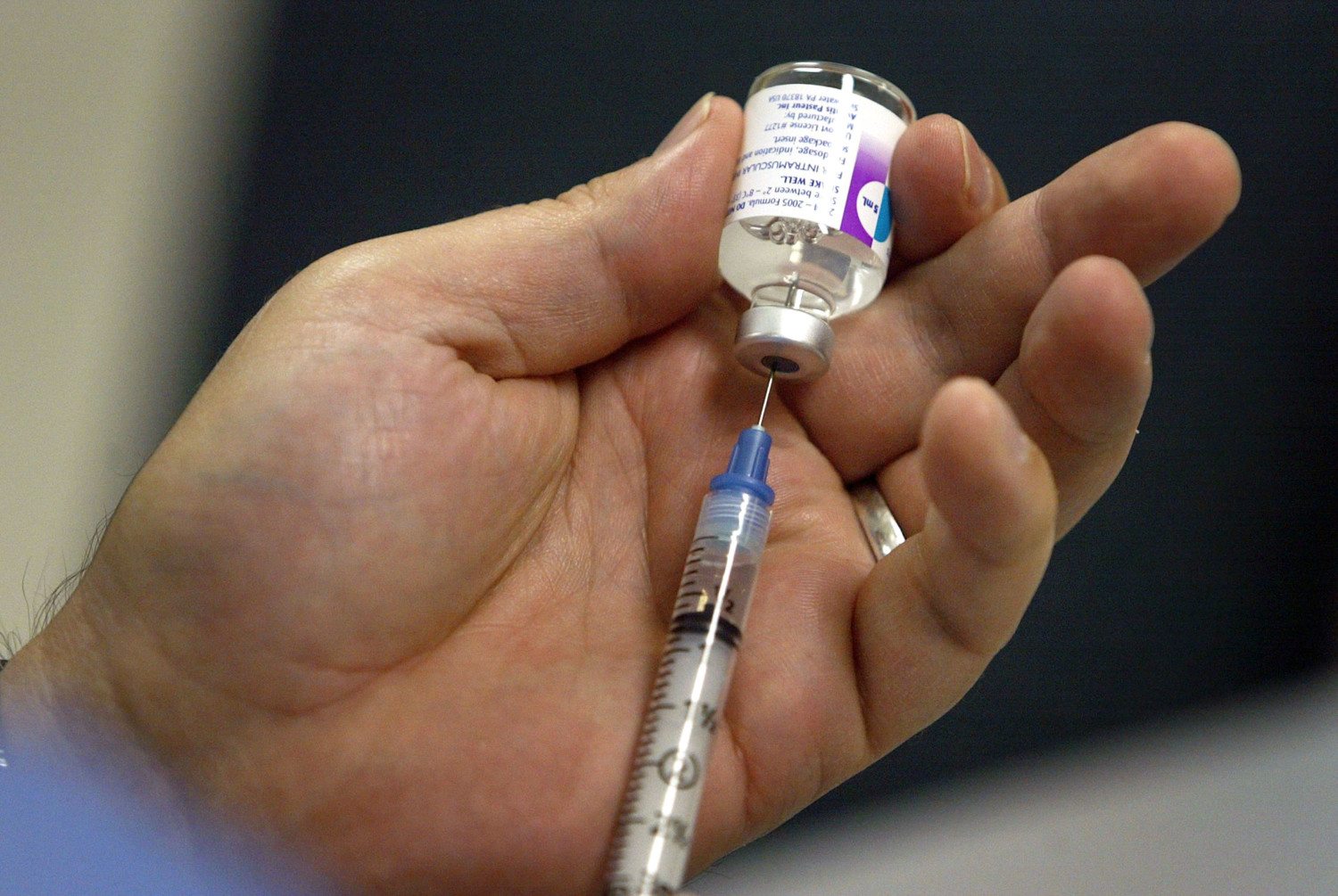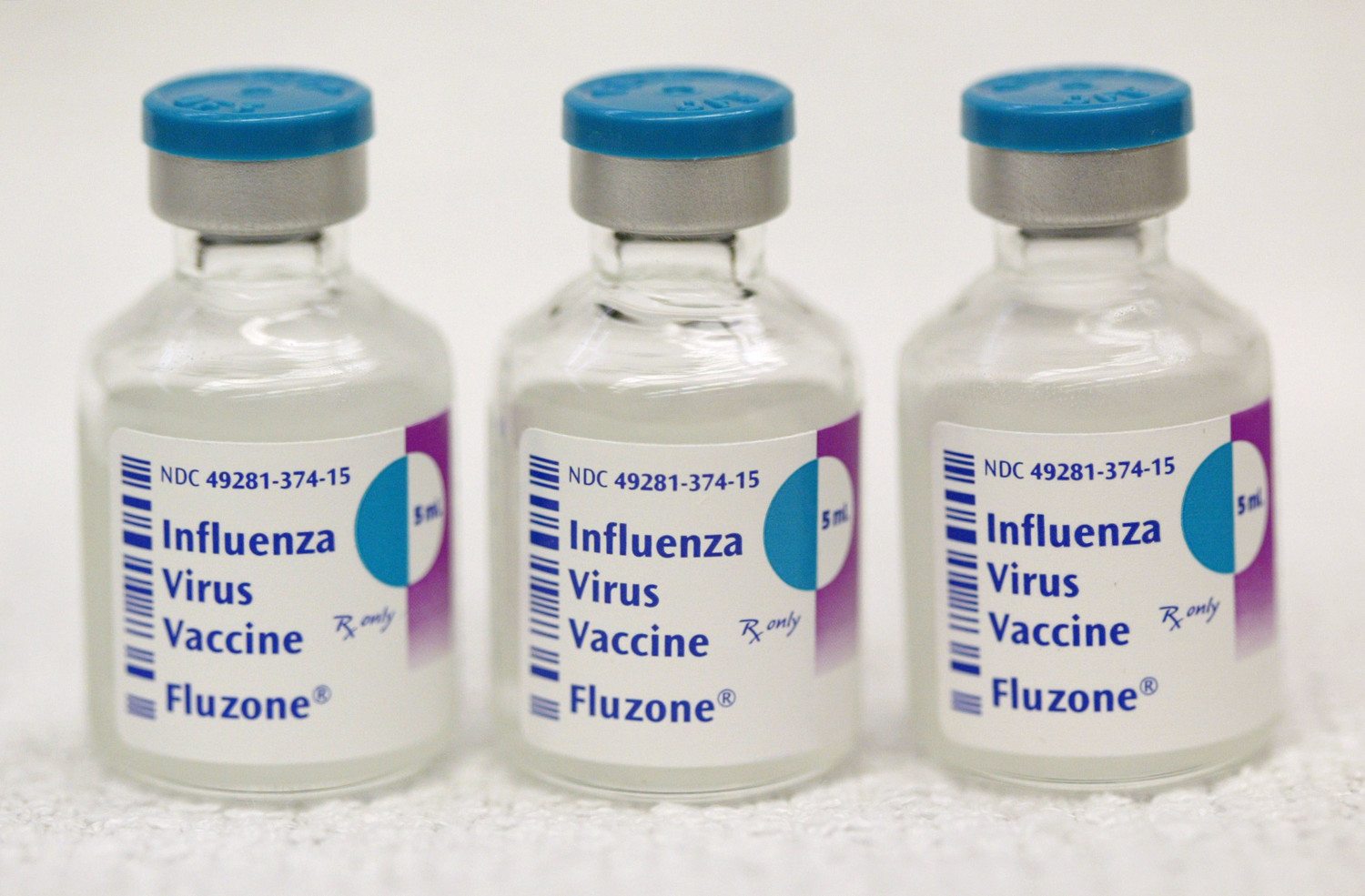The best time to get a flu shot and answers to other common flu vaccine questions
Now that flu season has begun, it’s extra important to stay on top of your health to make sure you don’t get sick. In addition to eating well and getting enough sleep, fall’s the time to get a flu shot.
Although most people know it’s recommended to get vaccinated, fewer than 50 percent of Americans choose to get the flu shot each year. The CDC recommends that all people above 6 months of age receive a flu shot, but there are some exceptions, including people who have certain allergies or who are currently sick.
If you’re among those who get the vaccine on the regular or would like to get the vaccine this year, you may be wondering exactly when you should do it in order to receive the best protection. We’re here to provide some answers to all your flu shot questions in order to help you stay healthy this winter season.
And, of course, be sure to talk to your doctor for more information and to understand if the flu shot is right for you.
When Should I Get A Flu Shot?
Availability each year depends on when the vaccinations are complete, but flu shots for the 2017-2018 season became available in August and will continue to be shipped out through November until all vaccines are distributed, according to the Mayo Clinic.
It’s recommended that you get a flu shot as soon as the vaccination becomes available in your area to start reaping the benefits as early as possible. The vaccine usually becomes effective about two weeks after you get your shot.
Does Anytime In The Fall Work?
While it’s recommended to get it as soon as the vaccine is available, it’s beneficial to get a flu shot later in the fall than not at all. The flu’s peak season is from December to February, although it’s also common to get it anytime between October and May.
Getting it earlier rather than later is therefore advantageous, especially if you’re a young, healthy person.
If you are over 65, it may be beneficial not to get the vaccine too early, however. Some experts say that October is the best time for the 65+ crowd to get the vaccine, as there is “waning immunity” associated with it, which means its effectiveness starts to wear off. This is up for debate, however, as some experts believe it keeps you covered for years and others say it’s good for 6-8 months.
The fact remains: It’s better to get the vaccine early or late in the season than to not get it at all.
Is The Flu Shot That’s Released In August The Same As The One Given In November?
Each year’s flu vaccine is the same in August as it is in November. Each vaccine contains three or four different strains to help protect against the number of different flu strains out there, so all will be included in the vaccination, whether you get it at the end of summer or closer to the winter.
There are, however, different versions created for different age groups (kids, for example, will get a slightly different shot than those who are 65 and older).
Who Makes The Flu Shot And When Do They Determine The Formula For The Year?
A few private manufacturers are responsible for creating the flu shot, and they must make a new one every year based on which strains are circulating.
Since the flu shot typically takes six months to produce, companies begin making it in February or March, according to Dr. Daniel Eiras, NYU Langone Health assistant professor of infectious diseases and immunology, who spoke to the Daily News. They use surveillance data to find out the most prevalent flu strains and to predict what will be the most common here. They then develop the vaccine using this information.
How Effective Is The Flu Shot?
Since the vaccine is based on manufacturer predictions, sometimes the predictions don’t get it right—and even when they do, they aren’t a guarantee that you won’t get sick. This is why people can still get the flu even if they’ve been vaccinated. The CDC estimates that—in years where the vaccine and viruses are “well-matched”—the vaccine reduces the risk of flu illness by 40 to 60 percent.
What Are The Risks And Side Effects?
Side effects are similar to other vaccines: soreness or swelling at the injection spot, headache, nausea or muscle aches. More serious side effects or allergic reactions, such as difficulty breathing or fever, usually show up within minutes or hours after receiving your vaccine.
Studies have found that a risk of developing Guillain-Barre syndrome (GBS) after a flu shot may occur in 1-2 cases in a million. Researchers say that, though it’s still extremely rare, you’re actually more at risk to develop GBS after a flu illness rather than after a vaccine. GBS is a disorder in which a person’s immune system damages their nerve cells, causing muscle weakness and sometimes paralysis. GBS often follows a bacterial or viral infection, and most people recover fully though in some cases there is permanent damage.
Doctors recommend that everyone — old, young, and even pregnant — get a flu shot, so don’t wait. Around 200,000 people get hospitalized with the flu each year.







